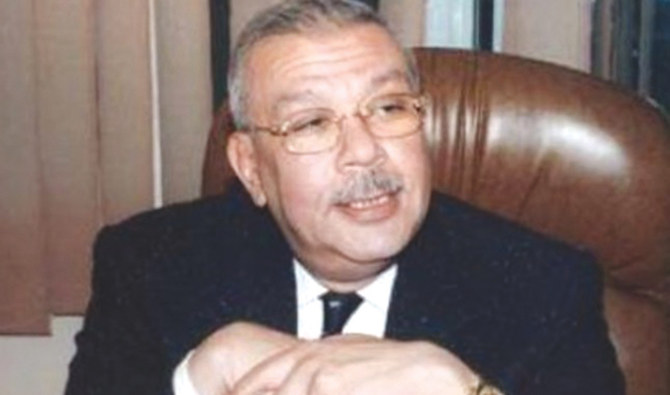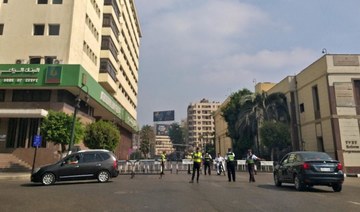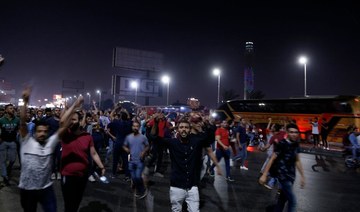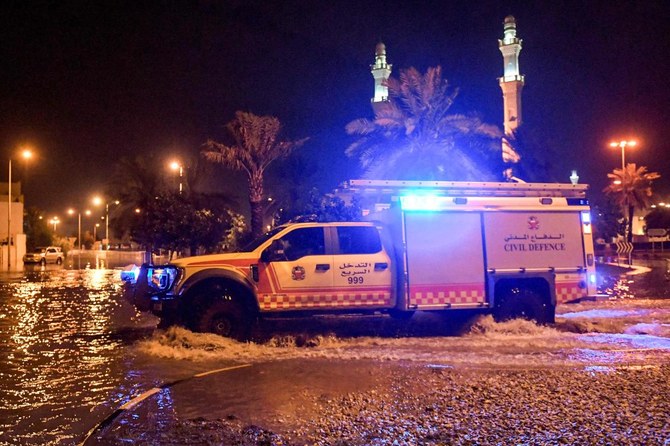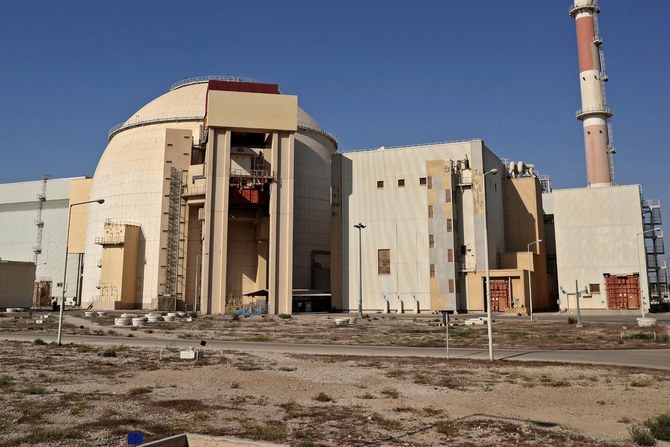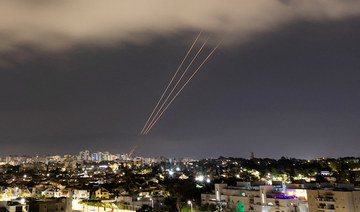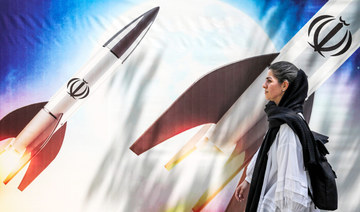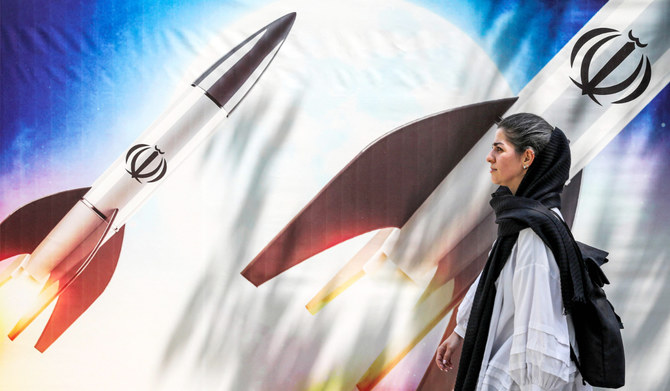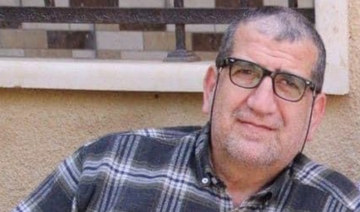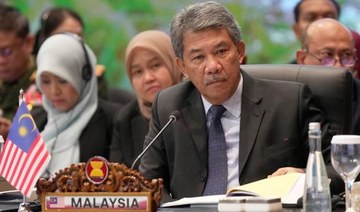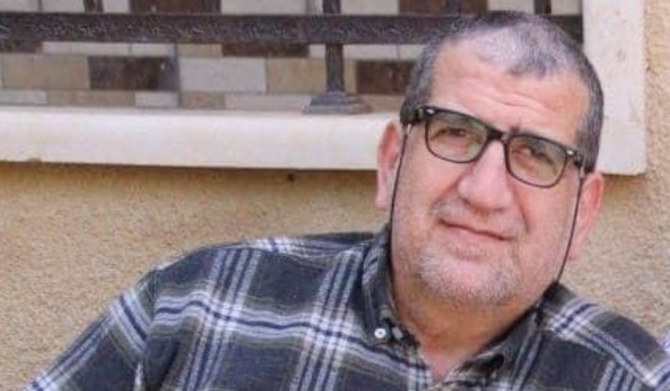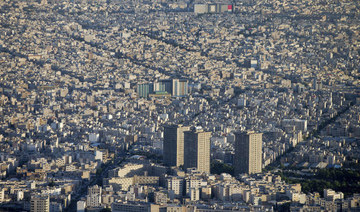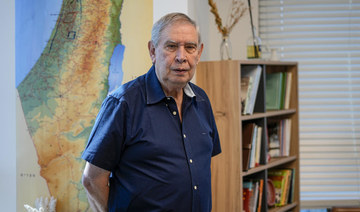CAIRO: Egyptian lawyer Samir Sabry is constantly associated with high-profile court cases that have ignited public opinion. That he shares the same name as the famed Egyptian actor certainly helped the lawyer to reach celebrity status. Sabry specializes in going after politicians and celebrities with the aim, many Egyptians believe, of gaining more fame for himself. In many instances, Sabry is more famous than the cases he prosecutes.
In September, Sabri sent more than one case to the general prosecutor. He accused fugitive contractor Mohamed Aly of stealing 12 million Egyptian pounds ($735,000) from a contracting company. Sabry also charged Hassan Nafaa, a political analyst and professor of political science at Cairo University, of high treason for conducting a phone call with Al-Jazeera TV channel. Egypt has strained relations with Qatar, which owns Al-Jazeera. Sabry has also trained his sights on celebrities. Perhaps his most famous celebrity case was against Jennifer Lopez. Sabry accused Jennifer Lopez of wearing provocative clothes inciting debauchery and immorality at her concert in the Mediterranean city of El-Alamein in August. The lawyer, known for his morality crusades, demanded that she be prevented from entering Egypt again. Sabry pointed out that Lopez appeared in transparent clothes, which sparked controversy all over social media.
Another famous celebrity case was named the “Rania Youssef dress.” In 2018, Sabry filed a case with the general prosecutor’s office against Egyptian actress Rania Youssef who attended that year’s Cairo International Film Festival wearing a body-hugging, see-through dress. Sabry said the actress’s dress was too revealing, violating the public morals of Egyptians.
FASTFACT
• Samir Sabry specializes in going after politicians and celebrities with the aim, many Egyptians believe, of gaining more fame for himself. In many instances, Sabry is more famous than the cases he prosecutes.
• Sabry’s most famous celebrity case was against Jennifer Lopez. Sabry accused Jennifer Lopez of wearing provocative clothes inciting debauchery and immorality at her concert in the Mediterranean city of El-Alamein in August.
• The lawyer, known for his morality crusades, demanded that she be prevented from entering Egypt again.
Sabry also took on singer Sherine Abdel-Wahab, accusing her of insulting Egypt while singing in a concert in Lebanon. During the concert, an audience member asked Abdel-Wahab to sing “Mashrebtesh Men Nelha” (Haven’t You Drank from Its Nile) to which the singer replied: “You are going to get sick from bilharzia. You better drink Evian water.”
In his report, Sabry said that Abdel-Wahab had “badly insulted her country, causing panic for those who want to visit Egypt and the Nile River, Egypt’s most important touristic destination. Thus, she caused severe damage to the already suffering tourism business which had a negative impact on the Egyptian economy.”
Sabry shuns interviews. He rarely shows up on talk shows. He gave a brief statement to Arab News saying that throughout his career, he has filed more than 3,000 lawsuits seeking the best interests of the country. He affirmed that he does not exclude anyone within his purview, whether politicians, celebrities, dancers, football players, or even clerics, because, he said, the law should not exclude anyone.
Sabry said he only cares about his religion, his country, and the morals of society. He said many lawyers do not shake hands with him because, as he described it, they hold a grudge against him.



